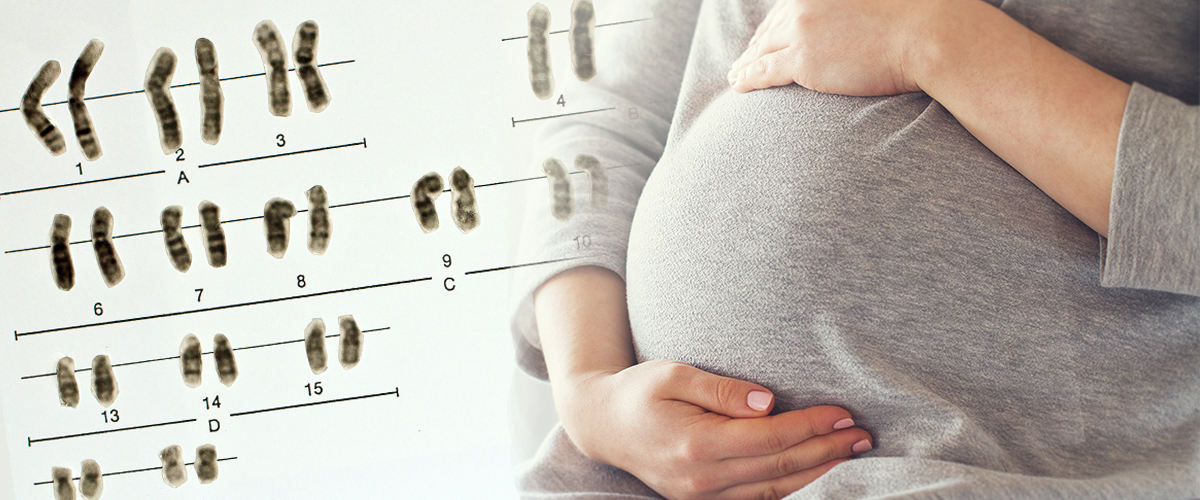Embarking on the journey of parenthood very exciting and largely transformative experience for most people. Genetic testing provides an opportunity for expectant parents to gain a deeper understanding of their soon to be baby's genetic health. There is a few different genetic testing options available but they only skim the surface of the amount of potential genetic disorders. The testing that was previously available is said to be extremely invasive, inserting a needle into the uterus to retrieve fetal cells for analysis. Recently discovered though is a new and non-invasive technique (non-invasive prenatal testing NIPT) that just requires a small blood sample from the soon to be mother.
This non-invasive procedure though not as advanced as it counterpart is more safe and a cheaper alternative to see if there may be any potential signs of genetic disorders before taking the next step of an invasive procedure. Especially being that invasive genetic testing has a chance of miscarriage. Though NIPT is still not as advanced as invasive because it can not identify full chromosomes there are new technologies and advancements being made in order to further the use of blood testing so we can fully terminate invasive testing as an option for seeking prenatal health.
Genetic testing in my opinion is something very important that should be financially and readily available for all expecting mothers. This is because in the world we currently live in most parents are financially independent enough to be able to afford and take on the responsibility of a child with a genetic disorder. Therapies and interventions being so new also comes with a large price tag that parents should be informed and prepared for when planning for a newborn.
Articles Cited:
1. https://pubmed.ncbi.nlm.nih.gov/38020177/
2. https://www.nichd.nih.gov/newsroom/news/120623-new-method-prenatal-testing



